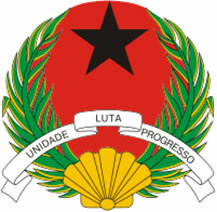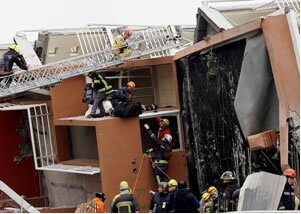This year's Basic Education Assessment System (Saeb) will have news. The tests of natural sciences and human sciences for 9th grade students and the assessment of literacy in the 2nd grade of elementary school will be done by sampling.
It is the first time that science tests are administered to 9th grade students. The literacy assessment was applied on a census basis until 2016, that is, for all 3rd year students, every two years, in even years.
see more
'Barbie' movie predicted to boost Mattel profits…
Japanese company imposes time restriction and reaps benefits
With the approval of the National Common Curricular Base (BNCC), in 2017, and the forecast that students must be literate up to the 2nd year, the government decided to unify this evaluation with the others, applied in the years odd. To this end, it opted to cancel the assessment scheduled for 2018, and implement it in 2019 for 2nd year students.
However, instead of applying to all students, as it had been done until then, the Ministry of Education opted to carry out sample tests.
The news was presented today (2) by the Minister of Education, Abraham Weintraub, and the guidelines were published in the Official Gazette.
“What we want [through Saeb] is to know if the children are learning at the [appropriate] pace. That is why we will carry out an assessment of literacy in the 2nd year of elementary school”, said the minister, at a press conference.
“We have to catch [recover] the child who is falling behind and measure what is going on right and wrong,” he added.
According to Weintraub, the ideal would be to carry out the assessment with all students. “If I had full powers, I would make it universal every year”, he said, justifying the research by the need for the government to cut costs.
saeb
Saeb is made up of a set of assessments related to the quality of education in the country, which allow the Institute to National Institute of Educational Studies and Research Anísio Teixeira (Inep) to carry out diagnoses on basic education in country.
Based on the analyses, we seek to identify factors that may interfere with student performance, in order to support public policies for the sector. It is through the Saeb performance averages and data on approval obtained in the School Census that the Basic Education Development Index (Ideb) is composed.
The estimated budget to evaluate 7 million children is R$ 500 million. According to the president of the National Institute of Educational Studies and Research Anísio Teixeira (Inep), Elmer Coelho Vicenzi, “the improvement of basic education” causes immediate improvement in the health and education of the country".
The evaluations will be applied between October 21st and November 1st in all units of the federation, through questionnaires that will be sent to state and municipal departments; directors, teachers and students of schools; professionals who accompany special education students.
Results will be available by December 2020. With information from Agência Brasil.



